
Louis Pasteur
Louis Pasteur born in December 27, 1822 in Dole, France can be well regarded as one of the most significant figures in the history of sciences. Born in a simple background, one was discovered capable, and the young man proceeded to study physics and chemistry in Paris. These formed the basis of his future contributions to biology and discase understanding.
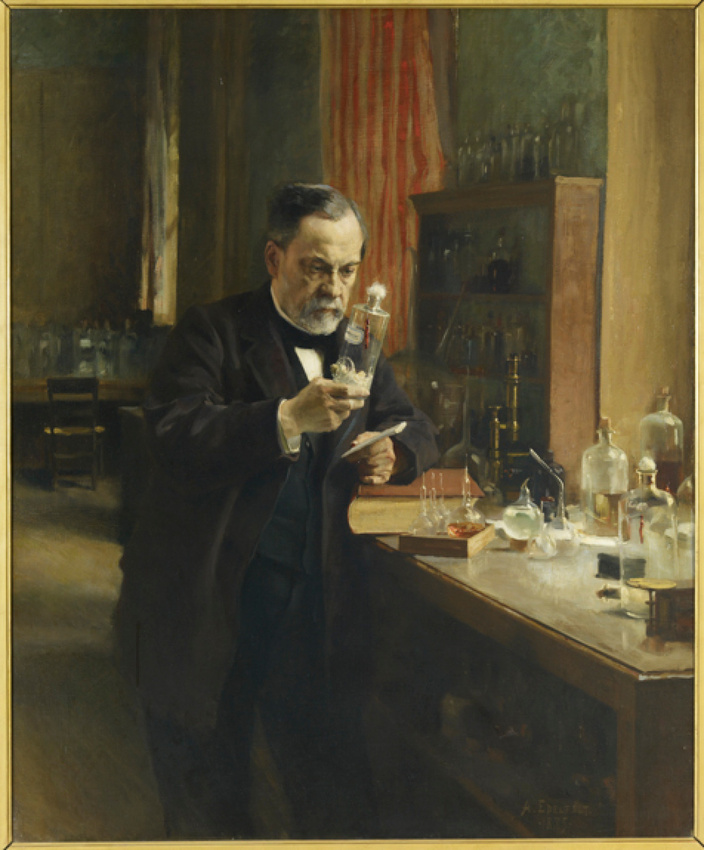
Later on in 1854, Pasteur was employed at the University of Lille as a teacher of chemistry and as the dean of the faculty. There, his experimental approaches in crystallography disproofed the theory of spontaneous generation. He demonstrated in the 1860s some bacteria cause fermentation and are the agents of disease thereby laying the foundation of present day germ theory.
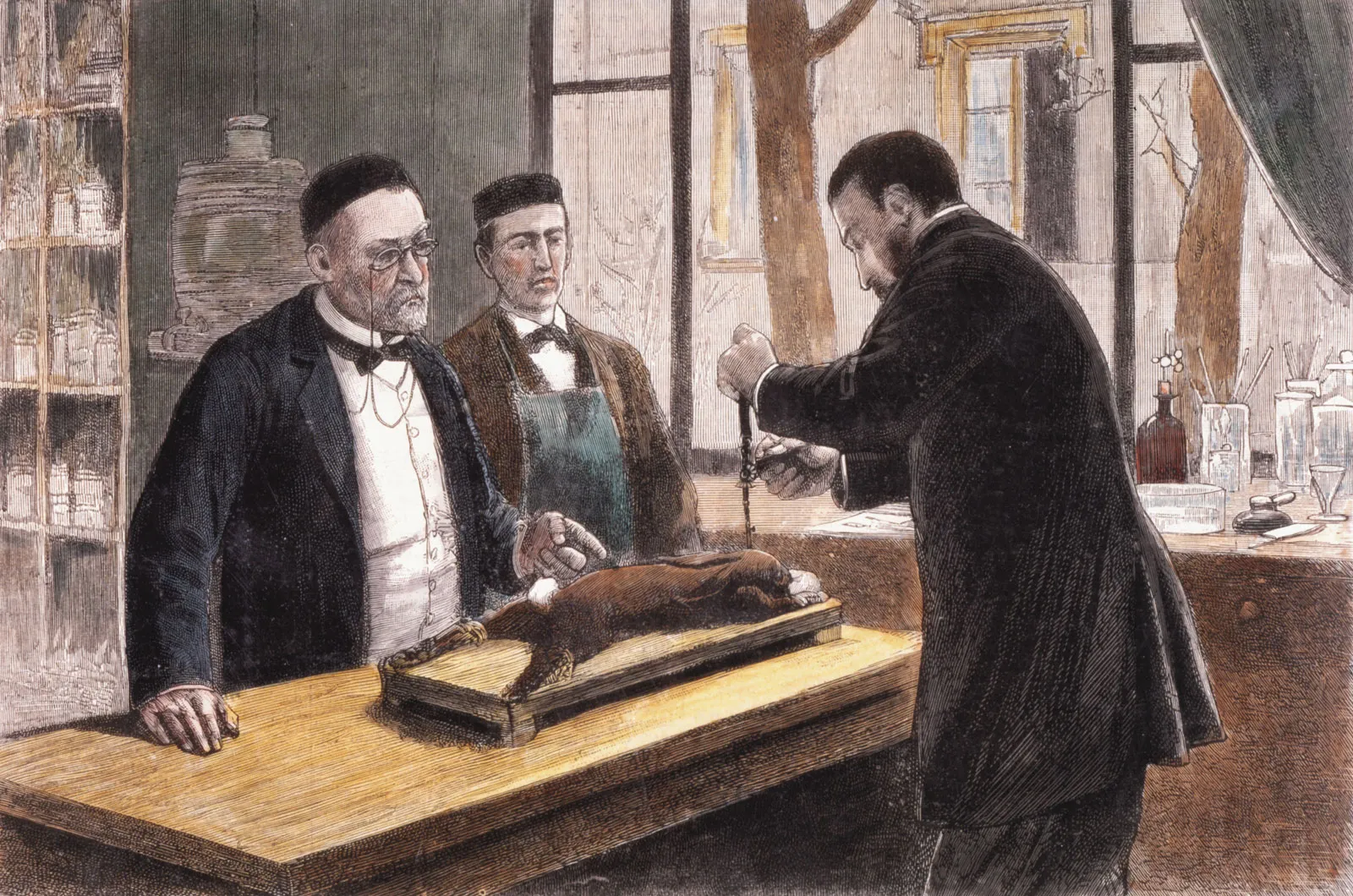
The bigger impact to society is that Pasteur discovered the rabies vaccine in 1885 which is a very crucial step in immunization or in enhancing the public’s resistance against certain diseases. 73 Throughout his career, he received many acknowledgements such as position in the French Academy of Science and the Grand Officer of the Legion of Honour. Thus, even though leading an extremely busy life, Pasteur never ceased to be a family-oriented man, being married to Marie Laurent and having five children.
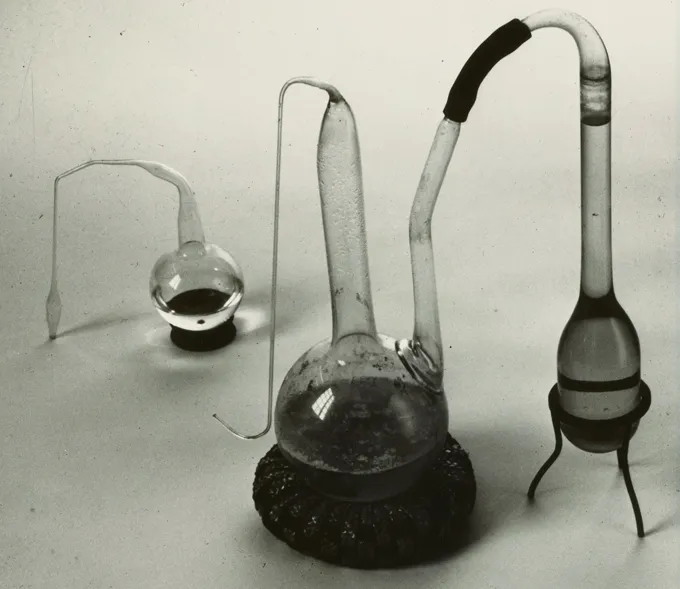
At the latter stages of Pasteur’s life, the outcomes of his work in the fields of microbiology and immunization, could be observed. His discoveries in germ theory of diseases have provided him with the impact on the medical science as in vaccines and sterilization.
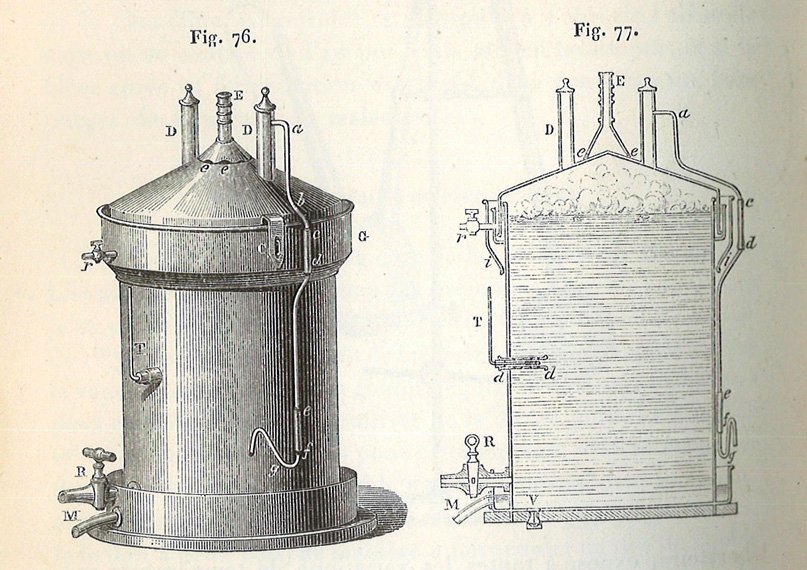
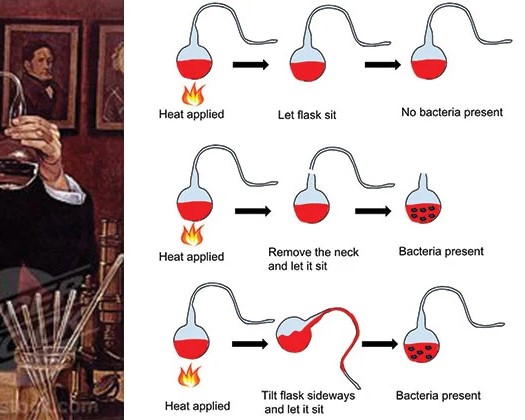
Today, name of Louis Pasteur is associated with scientific advancement. He has touched the lives of many with his devotion to the practice of acquiring understanding and has led the future generation of analysts and doctors. Overall, his work is a testimony for what science can do in the improvement of the human health, as well as knowledge.